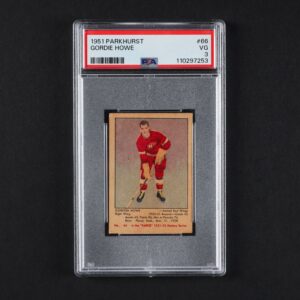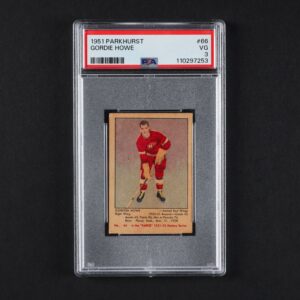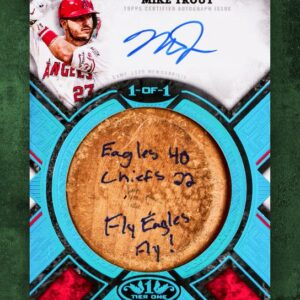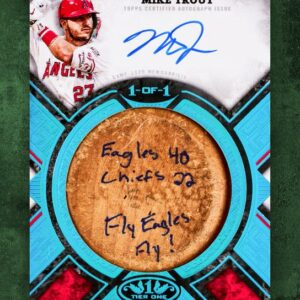In the often flashy and high-stakes world of Major League Baseball, where talent and trust must intertwine regularly, the downfall of Ippei Mizuhara, former interpreter for MLB phenom Shohei Ohtani, reads almost like the plot of a crime thriller. Mizuhara, once a figure enveloped in trust and critical in bridging cross-cultural communication gaps for Ohtani, is now destined for less glamorous digs—a federal prison cell—for the next 57 months. This comes in the wake of his admission to orchestrating a grand bank and tax fraud scheme to the tune of over $17 million, a misstep that led to the shimmering, idyllic facade of Ohtani’s financial world coming to a shocking, screeching halt.
Let’s rewind to March 2024 when whispers of Mizuhara’s transgressions began gaining traction, casting long shadows over game day cheers. An investigative piece by ESPN flung Mizuhara from the professional heights associated with the Los Angeles Dodgers into the depths of public disgrace. Prosecutors painted a picture of deceit and desperation as they outlined how Mizuhara deftly circumvented banking protocols, infamously slipping into Ohtani’s financial sanctum like a ghost.
But there was nothing ethereal about the mountains of cash he amassed. Court findings revealed that Mizuhara channeled his inner financial rogue, donning the identity of Ohtani, to greenlight unauthorized withdrawals and hefty transfers. These ill-gotten funds were used not for dividends or diversified investment portfolios, but for extinguishing his towering gambling debts and splurging on personal indulgences—cases of which read as a gambler’s last hurrah.
Perhaps the splashiest display of Mizuhara’s ill-gotten indulgences came with his purchase of sports cards—an endeavor he seemingly pegged on enthusiasm or perhaps misguided optimism. The tokens of sports history, featuring legends like Yogi Berra and rising stars like Juan Soto, among others, signaled a peculiar purchase trail leading to platforms such as eBay and Whatnot. It’s almost as if Mizuhara viewed these cards as his salvation, a quick flip for profit that promised potential reprieve but only plunged him deeper into a vortex of deceit.
Justice, as they say, may be slow but it is ever relentless. November 2024 saw Ohtani taking proactive steps when he petitioned to reclaim his memorabilia. The Federal Court sided with the athlete, affirming his rights to these collectibles in a verdict that capped a turbulent chapter—at least on a material front.
Mizuhara’s sentencing, though, is more than a personal downturn. It’s a stern warning tolling for the entire sports industry and particularly the MLB community, like a jarring alarm clock rousing all from a dream laced with complacency. Athletes, who often juggle rigorous training and media duties, face vulnerabilities in financial domains which demand oversight often delegated to others. This incident shines a stark spotlight on the lurking pitfalls and the necessity of watertight financial oversight.
For Ohtani, a man who frequently lets his prowess do the talking, this incident is a personal betrayal writ large. His reaction has been characteristically composed, his public comments curt and sparing, as if to snip the narrative tangle from impacting his on-field focus. But make no mistake—the reverberations from Mizuhara’s actions are an industry-wide wake-up call, demanding introspection from every agent, financier, and manager entwined with professional athletes.
Their endgames must now include fortifying financial defenses as robustly as they would a lineup or training program. As Mizuhara embarks on a federally ordained pause to contemplate his broken trust, he also leaves a cautionary tale—a reminder that behind every star-studded venture can lurk darkly complex human vulnerabilities, only manageable with vigilance and transparency as guiding applause.
And as he faces deportation proceedings following his prison tenure, the road ahead is indeed fraught for Mizuhara, now devoid of honor or the networks that once clothed his actions in invisibility. Meanwhile, Shohei Ohtani, a masterful blend of pitcher, slugger, and now collector of justice, stands as a beacon of resilience—a stoic reminder that even the gravest unmasking need not dim one’s luminary path in the pivotal arenas of sport and discipline.





